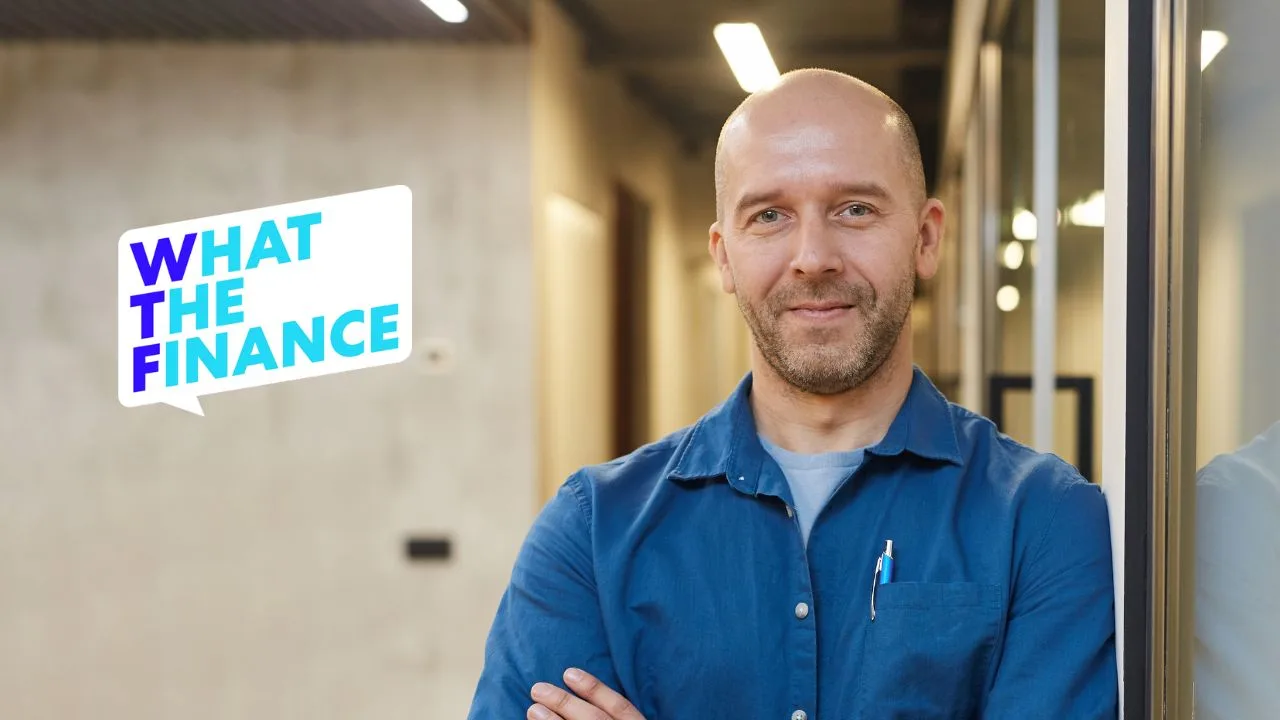
Everyday Finances
5 easy financial planning tips to start now to get ahead in 2025
Dec 16, 2024
Written by
The close of one year and the start of another is a great time to think about what you want to do with your money and how you can get ahead.
A year is enough time to implement small but impactful changes to become more financially fit. You're not in a race with anyone but yourself, after all. If you can look back on the year in December and see improvement from where you were in January, then you've won.
Ready to take the first steps? Here are some ideas to help you shape your 2025 financial planning vision.

1. Set a goal
Goals act as motivation, so ask yourself what one thing you would like to do with your money in 2025.
This goal should be specific, attainable, and realistic for where you are financially. And it should be a goal that makes you feel good.
For example, say you've never taken a family vacation because money was always too tight. You might set a goal to take a weeklong summer trip to somewhere special.
Will it cost money? Sure, but your kids will only be kids for so long. And if you have a financial plan, you can enjoy your time together without guilt over the expense.

2. Break down the details
Once you have a goal in sight, it's time to dig into the numbers. Make a list of what you need to reach your goal.
For example, you'll need to estimate:
Ticket prices
Hotel costs
Food
Airfare, or gas if you plan to drive
Souvenirs
Add it all up. Now, how much will you need to save each month to hit that target?
For example, say you need $6,000 to cover everything. You want to have all the money saved by August 1. That means you'll need to save $857 each month if you start in January.
Pro tip: It works the same way when your goal is to get rid of your debt.

3. Plan your action steps
You've got a number and deadline—now it's time to put it all together.
Here's what your plan might look like:
Review your budget in December to see how much money you have to save toward your goal each month
Open a new savings account on January 1 to hold your vacation savings stash
If you got a year-end bonus from work, use that to kick-start your savings
Set up automatic transfers to savings from your checking account each payday
Send your tax refund to savings when you file your return
Sell things around the house that you don't need and deposit the money into savings
These action steps are doable, and you can tackle them one by one. You don't need to do it all at once; baby steps can get you where you want to go.

4. Check your mindset
A financial plan only works when you're committed to it. If you feel any doubt about your ability to make your 2025 goal a reality, stop and ask yourself what might hold you back.
Maybe you live paycheck to paycheck right now and can't seem to save at all. Or you feel guilty that you want to take a trip when you have debt to pay down.
Mindset makes a difference, because it's easy to defeat yourself before you even get started.
If you feel like your goal is out of reach, remind yourself that you're not in competition with anyone and it's okay to move at a pace you're comfortable with.

5. Start small
Small steps can lead you to a big goal; you just have to start. So think about the little things you can do that will add up over time.
Let's go back to your goal of saving $6,000. Here are some tiny changes that could make a big difference.
Choose a savings account with no monthly fees that earns a high interest rate
Use a free budgeting app to keep track of your income and expenses
Look for simple ways to lower bills (e.g., change your car insurance, cancel one subscription service, unplug appliances that aren't in use)
Plan meals around weekly grocery store sales
Try a no-spend challenge to temporarily pause new purchases
There are lots of ways to budget and save money, even when cash flow is tight. The more creative you can get the more you could save toward your 2025 goals.

Bonus tip
Celebrate your milestone moments: Reaching your 2025 financial goal won’t happen overnight but every step that you take forward will only bring you closer to it. Take the time to celebrate the small victories you experience along the way.
For example, if you stayed on budget or you deposited more money into your savings account by the end of the month, do something to celebrate your accomplishment. It can be as simple as treating yourself to a gourmet coffee to acknowledge your hard work. The goal is to remain consistent with your progress while feeling encouraged by giving yourself rewards along the way.
Author Information
Written by
Rebecca is a senior contributing writer and debt expert. She's a Certified Educator in Personal Finance and a banking expert for Forbes Advisor. In addition to writing for online publications, Rebecca owns a personal finance website dedicated to teaching women how to take control of their money.
Related Articles
If you’re looking to borrow money, it helps to know the difference between unsecured debt and secured debt, Learn more here.
Jackie Lam
Author
Your debt-to-income ratio tells lenders how much money you can borrow. Find out how it works.
Jackie Lam
Author
Spoiler alert: APR is just how much your loan costs for a year. Find out here how it differs from your interest rate.
Miranda Marquit
Author


